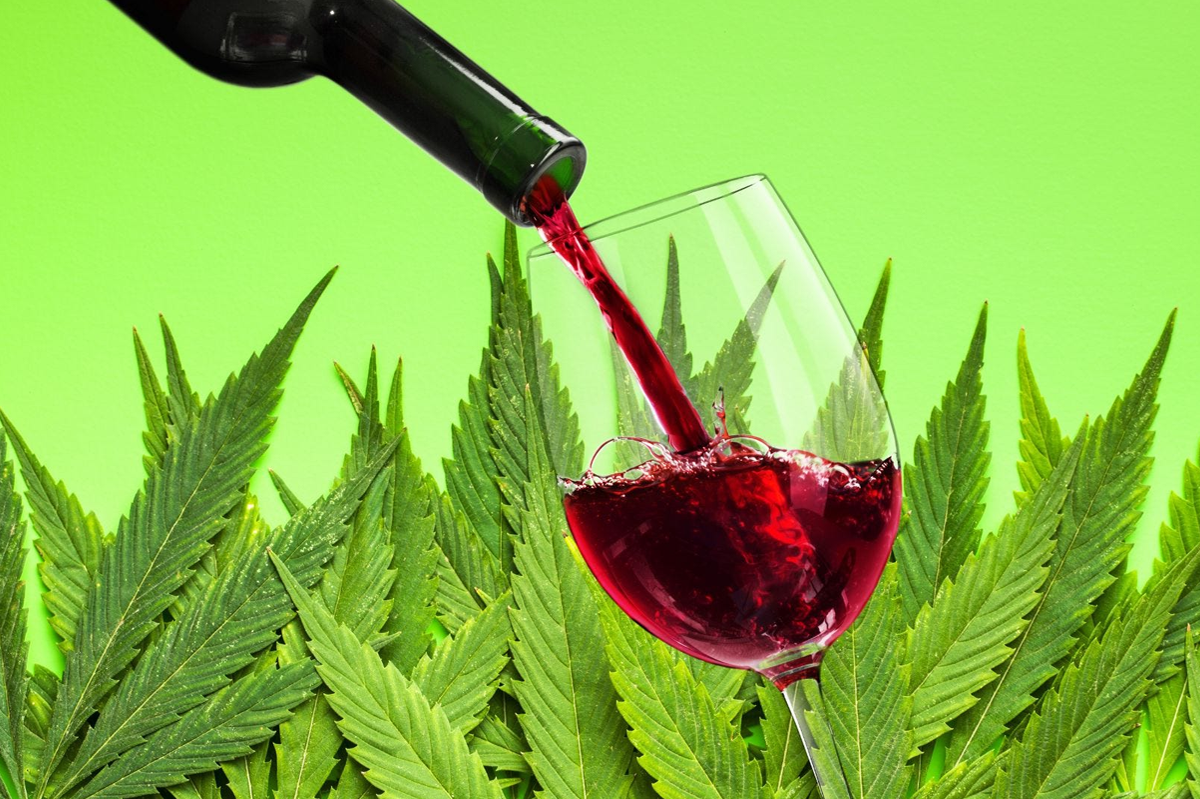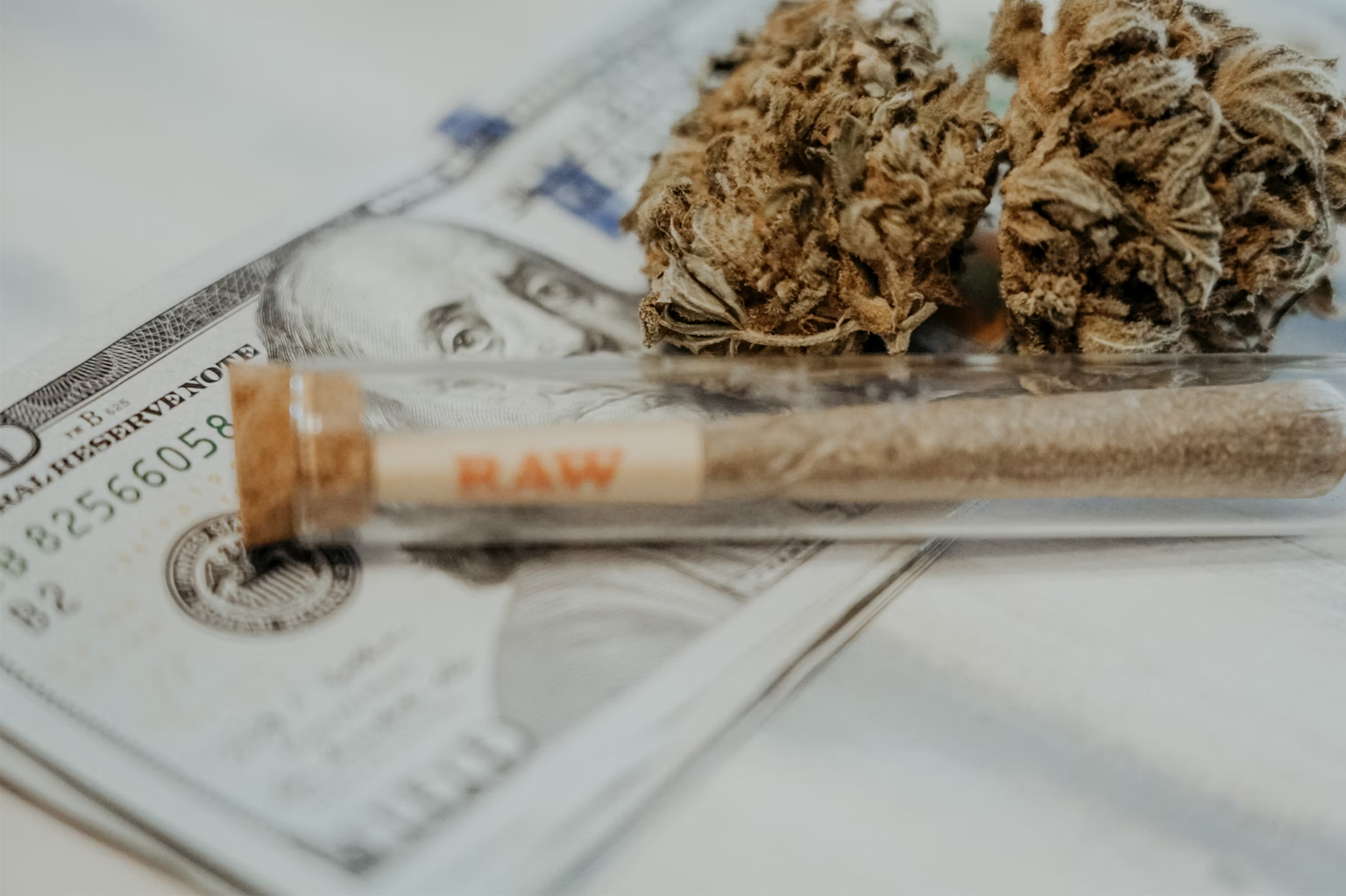
A new federally funded study has found that using cannabis before drinking alcohol may significantly reduce both alcohol consumption and cravings—offering growing evidence that marijuana can serve as a harm reduction tool for people struggling with heavy alcohol use.
The research, backed by the National Institute on Alcohol Abuse and Alcoholism (NIAAA), was conducted by a team from Colorado State University and the University of Colorado. It involved 62 adult participants who regularly consumed both marijuana and alcohol and had been engaging in heavy drinking for at least three months.
How the Study Worked
Each participant took part in two lab sessions where they were allowed to drink up to five alcoholic beverages—starting with one priming drink and followed by optional drinks at 15-minute intervals. In one session, participants first consumed cannabis at their usual dosage and method before drinking; in the other, they drank without using cannabis.
The results were telling:
- When participants consumed alcohol alone, they averaged 2 drinks per session.
- When cannabis was used beforehand, that dropped to an average of 1.5 drinks—about 25% less.
Additionally, many participants who used cannabis before drinking reported lower cravings for alcohol throughout the session. While not everyone drank less, those who did were more likely to experience reduced cravings.
Substitution Effect: Weed Instead of Whiskey?
The findings support the well-documented “substitution effect,” where cannabis use is linked to decreased use of more harmful substances like alcohol. Researchers concluded that for some individuals, craving reduction may be the key mechanism behind choosing cannabis over alcohol.
“In sum, this study demonstrates that differential effects of cannabis on alcohol craving may underlie the propensity to engage in substitution behavior,” the authors noted. Interestingly, they found that this effect was not dependent on THC blood levels, suggesting it’s more about individual response and context than chemical dosage.
Not One-Size-Fits-All
The researchers emphasized that cannabis is not a universal solution. While many participants experienced benefits, some did not reduce their alcohol intake, and a few reported stable or increased cravings.
Factors like individual motives, social setting, and personal tolerance all play a role. The study recommends further research into these variables to determine when and for whom cannabis is an effective substitute for alcohol.
Part of a Bigger Trend
This research aligns with a broader trend: more Americans—especially young adults—are choosing cannabis over alcohol. Surveys show that:
- 3 in 4 young adults report replacing alcohol with cannabis at least once per week.
- More Americans now use marijuana daily than drink alcohol daily.
- Cannabis is perceived as less harmful than alcohol, cigarettes, and opioids.
In Canada, where marijuana is federally legal, beer sales have declined since legalization, supporting the idea that cannabis can disrupt the alcohol industry.
With alcohol-related harm still a major public health issue, and cannabis use expanding across legal markets, this study adds to the growing case for cannabis as a viable harm reduction strategy—not a perfect substitute, but a promising option for some.
What Comes Next
Researchers call for more studies to explore how demographic and psychological factors influence this substitution behavior. As legal access to cannabis expands and social attitudes shift, the potential role of cannabis in alcohol harm reduction may become even more significant.
For now, the takeaway is simple: for some heavy drinkers, a bit of weed might help keep the bottle at bay.


